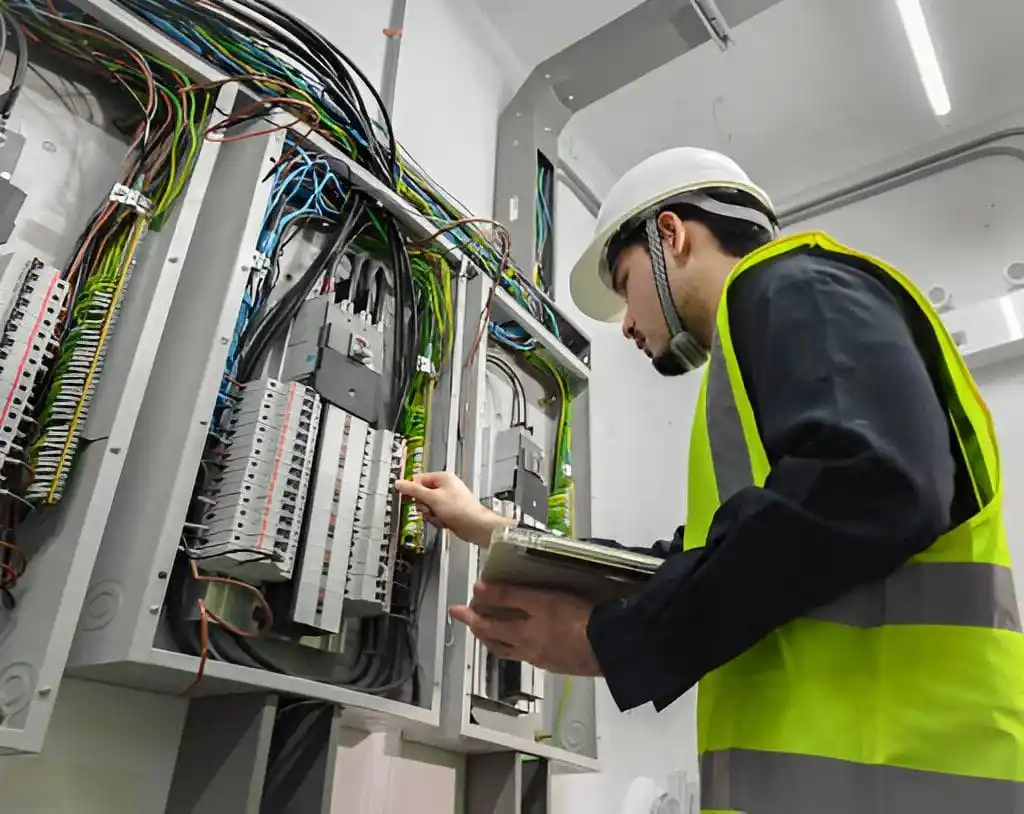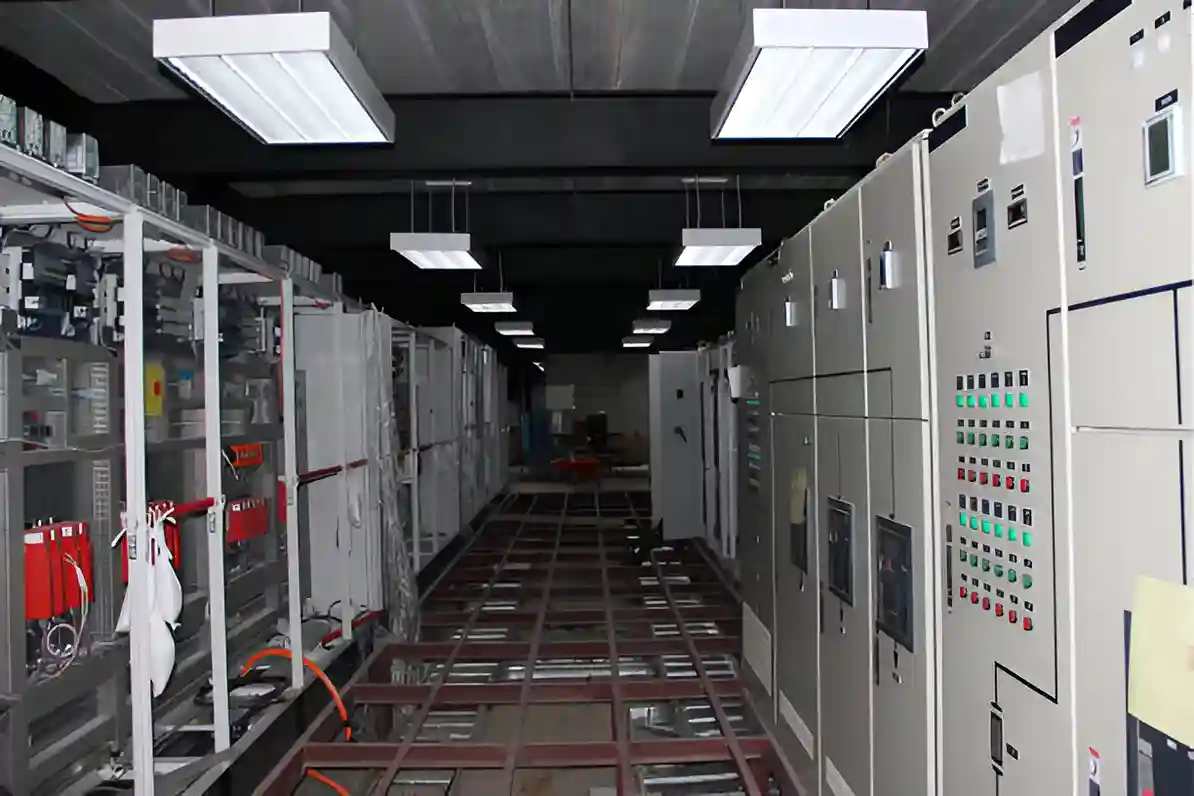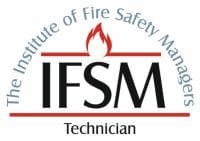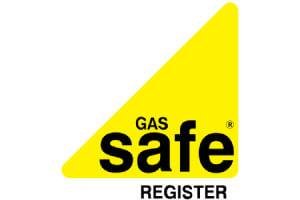
When it comes to electrical safety in commercial properties, EICR is essential. Every business must take its duty of care seriously. The Electricity at Work Regulations 1989 and the Health and Safety at Work Act 1974 play a central role in putting these responsibilities. Both laws highlight how important it is to look after electrical systems properly so that people and property stay safe.
Key Takeaways
- The Electricity at Work Regulations 1989 require safe maintenance of all electrical systems.
- The Health and Safety at Work Act 1974 places a legal duty on employers to protect everyone on the premises.
- It helps demonstrate compliance and reduce legal and insurance risks.
- Every commercial property generally needs an EICR every five years, sometimes sooner if there are significant electrical changes or a high-risk environment.
- Responsibility lies with property owners or those they appoint to manage safety and compliance.
What Is an EICR and What Does It Cover?
An Electrical Installation Condition Report is a safety check of a property’s electrical setup. It examines all wiring, circuits, appliances, and fixtures to ensure they comply with current safety regulations.
As part of the inspection, the electrician tests critical safety features, such as earthing and insulation. They’ll also check that the system can cope with its electrical load and assess any fire or shock risks. The findings are detailed in a report that outlines any faults and the steps needed to rectify them.
In short, an EICR provides a clear picture of your property’s electrical safety, helping you identify problems early before they become serious.
Do Commercial Properties Legally Require an Electrical Condition Report?
In the UK, the Electricity at Work Regulations 1989 require electrical systems to be safe at all times. Although the law doesn’t explicitly say every commercial property must have an EICR, these regulations imply that regular checks are part of your legal duty.
The Health and Safety at Work Act 1974 also supports this. Employers must take reasonable precautions to protect employees and visitors, which includes ensuring electrical safety. Many insurers also demand a valid EICR as a policy condition.
Although there may not be a standalone “EICR law,” in practice, most commercial properties require one to remain compliant and insured.

How Often Should a Commercial EICR Be Done?
As a general rule, commercial premises must have an electrical installation condition report at least every five years. Some properties may need more frequent checks
For example:
- Environments with higher electrical risks, such as industrial settings.
- After significant alterations to the electrical system.
- Where the property’s use or occupancy has changed.
Following to these intervals is crucial for maintaining ongoing safety and ensuring compliance with legal requirements.
Who Is Responsible for EICR Compliance?
Responsibility usually falls on the property owner. However, they may delegate this duty to a facilities manager or appointed agent. Whoever takes on this role must:
- Arrange EICRs at the correct intervals.
- Keep up-to-date inspection records.
- Act on any safety findings promptly.
Ultimately, owners bear legal responsibility if something goes wrong due to a missed inspection or an ignored fault. That’s why choosing qualified electricians and keeping detailed records is so important.
What Happens if You Don’t Comply?
Failing to get an Electrical installation condition report or ignoring the findings can have serious consequences. Potential penalties include:
| Type of Penalty | Description |
|---|---|
| Financial Penalties | Fines from safety inspectors or enforcement agencies. |
| Enforcement Actions | Orders to improve safety, or even premises closure. |
| Increased Insurance Costs | Higher premiums if safety cannot be assured. |
| Legal Liability | Claims if someone is injured due to electrical faults. |
| Reputational Damage | Loss of trust with customers, tenants, or employees. |
Ignoring EICR requirements doesn’t just risk legal action; it can put lives and livelihoods at risk.
Staying Compliant and Choosing a Qualified Electrician
To keep your commercial property safe and compliant, always use a properly accredited electrician. Look for professionals registered with NICEIC or the ECA, as this indicates they possess the necessary qualifications and adhere to the latest standards.
Before booking an inspection:
- Check the electrician’s credentials and experience.
- Get a few quotes to compare pricing and service.
- Discuss the scope of work.
- Maintain regular communication to make sure all follow-up tasks are completed.
By selecting the right electrician, you make the process smoother and ensure you’re fulfilling your legal obligations.
Landlord safety certification has expert engineers with reliable services across London.
Frequently asked questions.
Conclusion
While an Electrical installation condition report isn’t named explicitly in every piece of UK legislation, the combined effect of the Electricity at Work Regulations 1989 and the Health and Safety at Work Act 1974 means regular electrical checks are a legal necessity. Staying up to date with EICRs protects people, properties, and your business. Make sure to use a qualified electrician, take action on their findings, and keep accurate records. This way, you’ll stay compliant, reduce risks, and meet your legal responsibilities with confidence.








